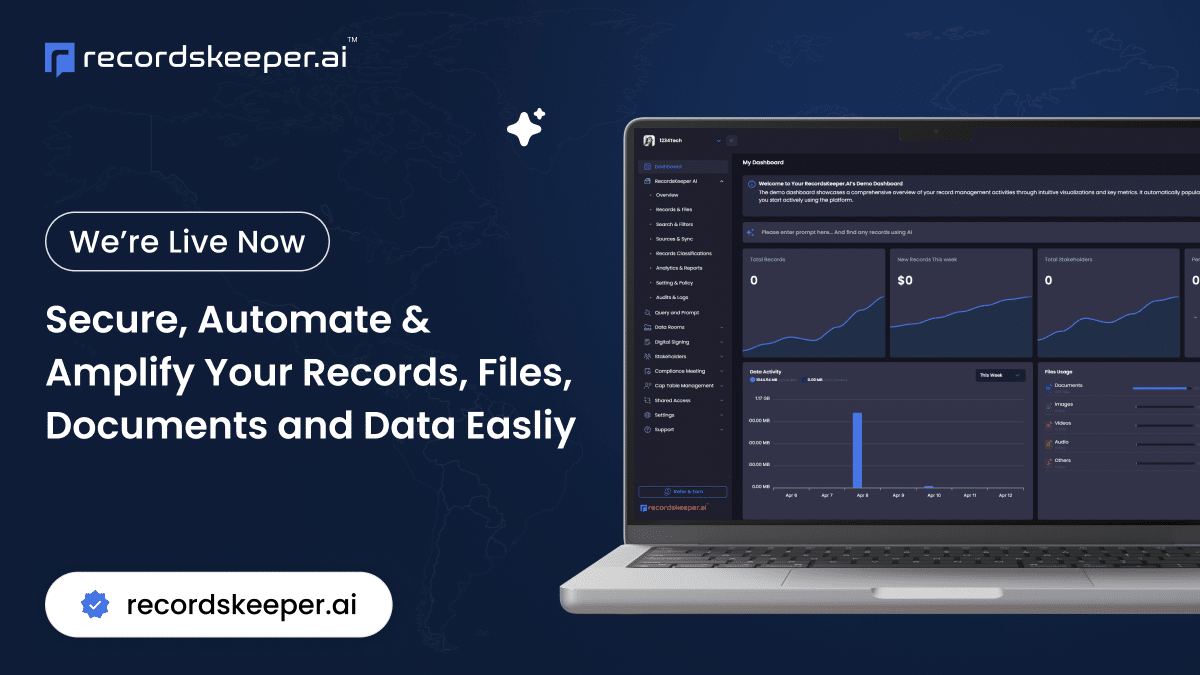As the founder of RecordsKeeper.AI, I’m passionate about transforming the way we manage records—with AI and Blockchain at our core. In my journey, one of the areas that has always intrigued me is the management of electronic medical records (EMRs). It’s a domain fraught with potential, yet also challenges, particularly when cost considerations come into play. Today, I want to dive deep into the world of free electronic medical records and examine whether open-source EMRs truly hold value for healthcare providers.
Understanding the Appeal of Free EMR Software
In the search for the best free EMR software, the appeal is straightforward: affordability. Many healthcare providers, especially smaller practices, are drawn to the idea of reducing their operational costs by tapping into open-source solutions. It’s an attractive prospect, especially in an industry whose revenues are often unpredictable.
Moreover, open-source EMRs stand out for their adaptability. Users have the freedom to customize these systems to fit their specific needs better—something proprietary systems might restrict or charge extra for. The community around open-source software often means regular updates and improvement of features, driven not by profitability but by necessity and collaboration.
The Challenges of Free EMRs
Yet, despite their allure, free electronic medical records aren’t without their set of challenges. While the initial cost is seemingly non-existent, the hidden expenses can quickly add up:
- Implementation Costs: Adapting an open-source EMR to a healthcare practice’s distinct needs requires time, expertise, and often external consultancy—none of which come free.
- Maintenance and Updates: Continuous updates are necessary to keep the system running optimally and securely. This task might require hiring dedicated IT staff if not already in place.
- Training Needs: A new system means new processes. Staff education is crucial, which incurs training time and resources.
- Security Concerns: Ensuring patient data confidentiality is non-negotiable, and open-source systems may require additional layers of security to prevent breaches.
Weighing the Value of Open-Source EMRs
So, are these free solutions truly worth the dive? It largely depends on the healthcare provider’s specific circumstances. Larger entities with in-house IT departments and sufficient resources might find it more feasible to deploy and maintain an open-source EMR effectively. These environments can often leverage the flexibility of open-source systems without sacrificing key functionalities.
Conversely, smaller practices may find themselves stretched thin—without the manpower or budget to effectively address the demands necessary for optimal open-source EMR implementation and upkeep.
Key Factors to Consider
Before selecting an open-source EMR, consider these vital aspects:
- Support Availability: Unlike proprietary software, support for open-source EMRs depends on community forums or third-party consultants. Assess whether reliable support is accessible.
- Compliance Requirements: Ensure that any chosen system adheres to regulatory standards such as HIPAA to avoid compliance pitfalls.
- Customization Complexity: Evaluate your practice’s capacity to undertake customization. If it’s too complex for current capabilities, it might be wise to consider other options.
The Hybrid Approach to EMRs
For those still unsure, a hybrid approach might be the solution—integrating aspects of proprietary systems with open-source flexibility. This balance can provide the security, support, and compliance benefits of commercial offerings with the customization features of open-source alternatives.
At RecordsKeeper.AI, we recognize the evolving needs of record management in healthcare. Our platform, although distinct from typical EMR software, offers innovative solutions that can work alongside EMRs to streamline processes, enhance security, and enrich data management capabilities.
Conclusion: Charting the Path Forward in EMRs
Deciding on an electronic medical records system is a significant step for any healthcare provider and choosing the best free EMR software requires careful consideration. While the initial appeal of open-source solutions is strong, recognizing the full spectrum of costs, challenges, and opportunities is crucial.
In everything I’ve experienced as an entrepreneur and innovator, the importance of tailoring solutions to align with specific needs and resources has been paramount. It’s about making informed choices that not only meet present demands but also prepare you for the future. As you consider the path forward with EMRs, imagine how solutions like those from RecordsKeeper.AI can complement and enhance your record management strategies.
Continue exploring, and feel free to reach out—I am here to support that journey.








